#TomorrowIsSunday (EN+ES) | Why is Nazareth a Tragic City?


Mount of Precipice, photo credit Sr. Amata CSFN / Góra Strącenia w pobliżu Nazaretu, fot. s. Amata CSFN
IV Sunday of Ordinary Time, Year C
Sunday, 30 January 2022
Gospel – Luke 4:21–30
EN https://bible.usccb.org/bible/readings/013022.cfm
*
IV Domingo del Tiempo Ordinario, Año C
Domingo 30 de enero de 2022
Evangelio – Lucas 4,21-30
ES https://bible.usccb.org/es/bible/lecturas/013022.cfm
1. The City of Nazareth
“Nazareth” sounds a bit sentimental and idyllic. Jesus grew up there. That is where the Holy Family lived. Yet, the truth about Nazareth is full of tragedy, as today’s Gospel shows.
2. Key Words
No prophet is accepted in his own native place.
Jesus knows it is hardest for prophet to be among his own people, among whom he grew up. Nevertheless, Jesus has the courage to express the uncomfortable truth. He reminds us that God worked miracles for Gentiles, not for Israelites. This infuriated his acquaintances to the point that they even wanted to kill him.
They drove him out of the town, and led him to the brow of the hill on which their town had been built, to hurl him down headlong.
Can we imagine Jesus being led to his death by his acquaintances, with whom he had played since childhood and among whom he had grown up? To this day, the cliff in Nazareth is pointed to as the mountain from which they wanted to throw Jesus down. Not strangers or occupying Romans but his acquaintances wanted to murder him in such a terrible way. This shows who the people living in Nazareth were. Nathanael rightly said, “Can anything good come from Nazareth?!”
God precisely chose this town so that the Son of God would grow among these people. He did not choose a tranquil environment, but an exceedingly difficult and even, as we see, violent one. God Himself enters and dwells in the most difficult place, where life is not easy and pleasant. In this way, God seeks those who are far away.
3. Today
What every man needs so much today is sensitivity to God, to His word written in the Bible. It is like an instruction manual for life, so that it may happy. Just like in the synagogue in Nazareth, today Jesus speaks like a prophet to each of us in the Gospel.
You can read also:
#TomorrowIsSunday (EN+ES) | Who is Theophilus for whom Luke wrote the Gospel? >>>
*
1. La ciudad de Nazaret
“Nazaret” suena un poco sentimental e idílico. Allí Jesús creció. Allí vivió la Sagrada Familia. Sin embargo, la verdad sobre Nazaret está llena de tragedias, como muestra el Evangelio de hoy.
2. Palabras clave
Nadie es profeta en su tierra.
Jesús sabe que lo más difícil para un profeta es estar entre su propio pueblo, la gente con el cual ha crecido. Sin embargo, Jesús tiene el valor de expresar esta verdad incómoda. Nos recuerda que Dios hacía milagros para los gentiles, no para los israelitas. Esto enfureció a sus conocidos hasta el punto de que incluso querían matarlo.
Lo sacaron de la ciudad y lo llevaron hasta una saliente del monte, sobre el que estaba construida la ciudad, para despeñarlo.
¿Podemos imaginarnos a Jesús siendo conducido a la muerte por sus conocidos, con los que había jugado desde la infancia y entre los que había crecido? Hasta el día de hoy, se señala el acantilado de Nazaret como la montaña desde la que querían precipitar a Jesús. No fueron extraños ni romanos ocupantes, sino sus conocidos los que querían matarlo de una manera tan terrible. Esto muestra quiénes eran las personas que vivían en Nazaret. Natanael dijo con razón: “¿¡Puede salir algo bueno de Nazaret?!”
Dios eligió precisamente este pueblo para que el Hijo de Dios creciera entre esta gente. No eligió un ambiente tranquilo sino uno muy difícil e incluso, como vemos, violento. Dios mismo entra y habita en el lugar más difícil, donde la vida no es fácil ni agradable. De este modo, Dios busca a los que están lejos.
3. Hoy
Lo que todo hombre necesita hoy es la sensibilidad hacia Dios, hacia su palabra escrita en la Biblia. Es como un manual de instrucciones para la vida, para que sea feliz. Al igual que en la sinagoga de Nazaret, hoy Jesús habla como un profeta a cada uno de nosotros en el Evangelio.
También puedes leer:
#TomorrowIsSunday (EN+ES) | Who is Theophilus for whom Luke wrote the Gospel? >>>
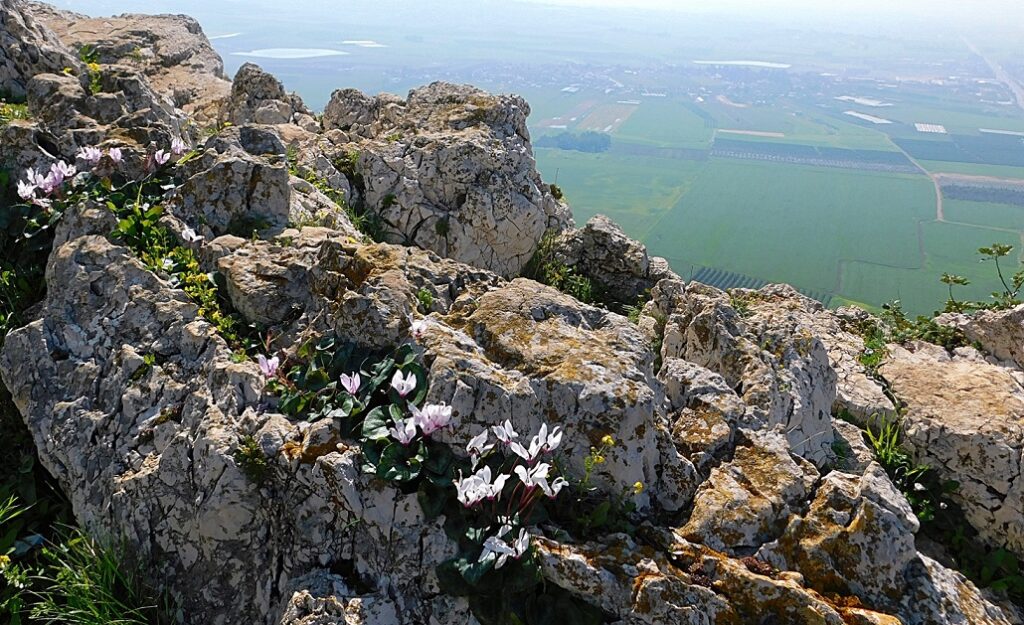
Mount of Precipice_PhotoCredit Sr. Amata CSFN (3) / Góra Strącenia w pobliżu Nazaretu, fot. s. Amata CSFN
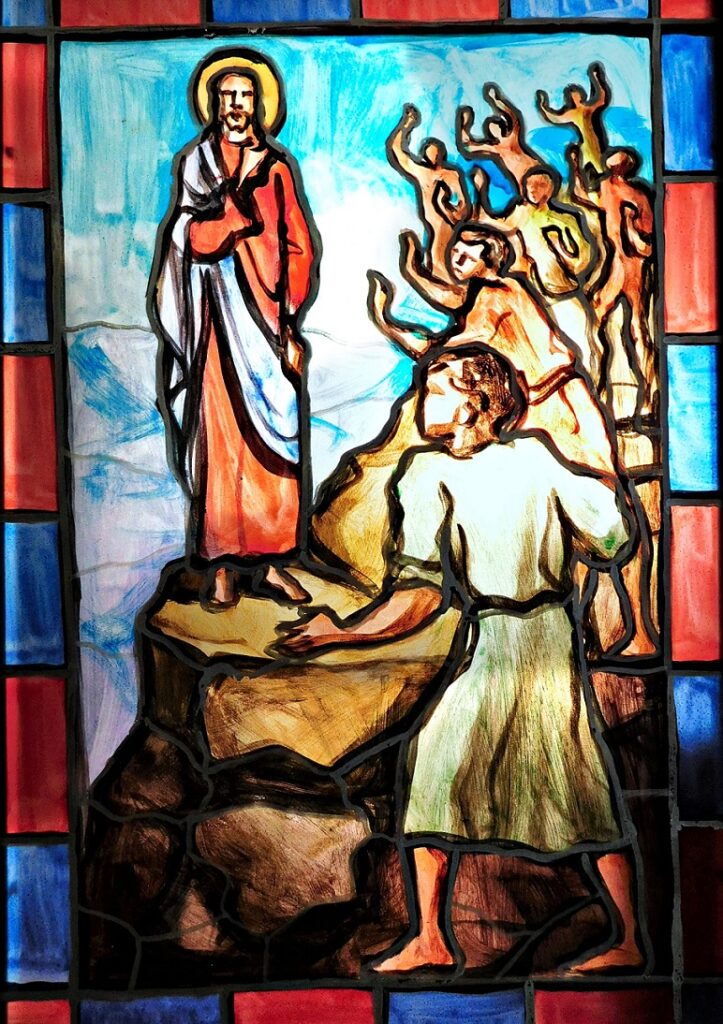
photo credit / fot. s. Amata CSFN
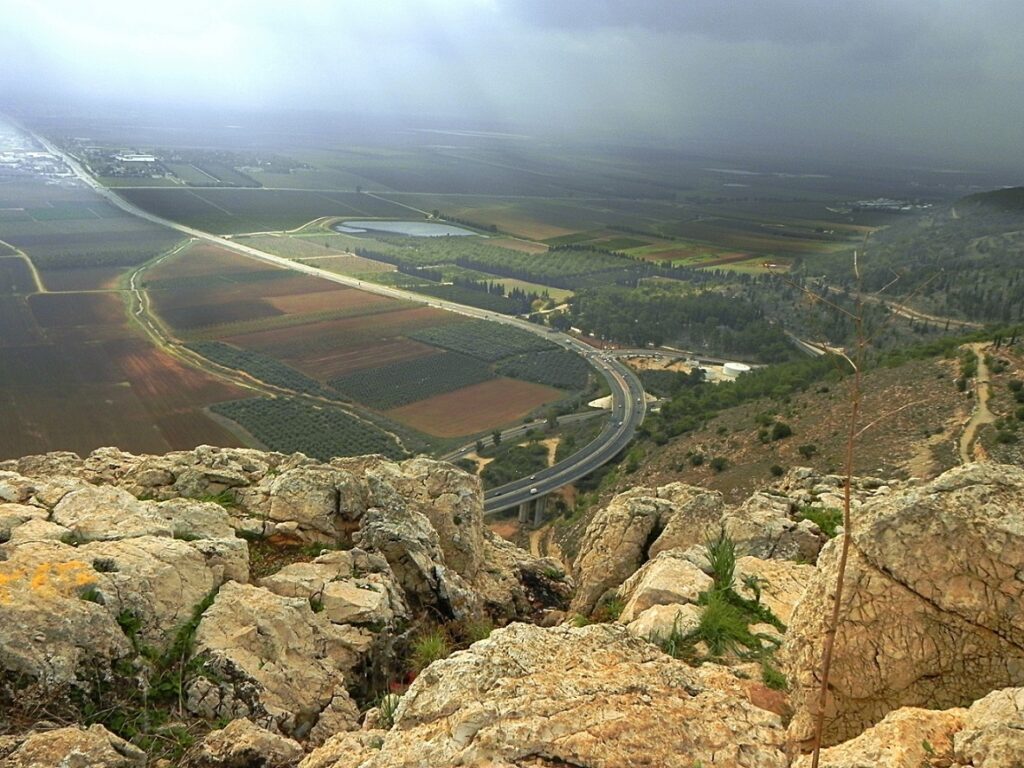
Mount of Precipice_PhotoCredit Sr. Amata CSFN (3) / Góra Strącenia w pobliżu Nazaretu, fot. s. Amata CSFN
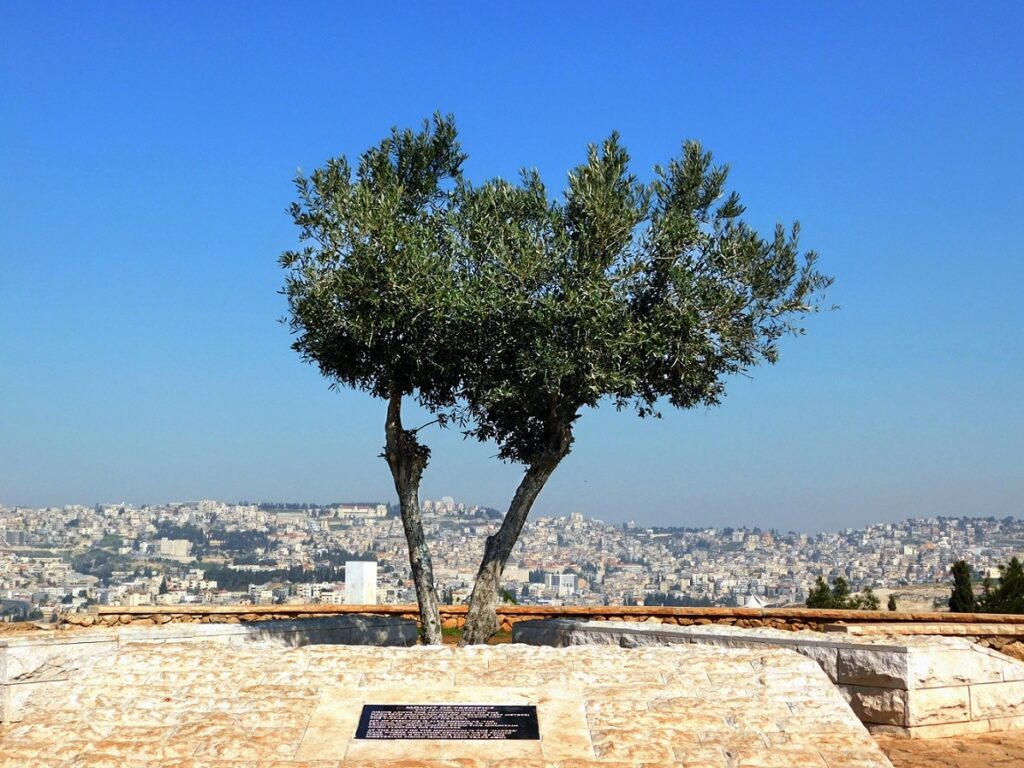
Mount of Precipice_PhotoCredit Sr. Amata CSFN (3) / Góra Strącenia w pobliżu Nazaretu, fot. s. Amata CSFN
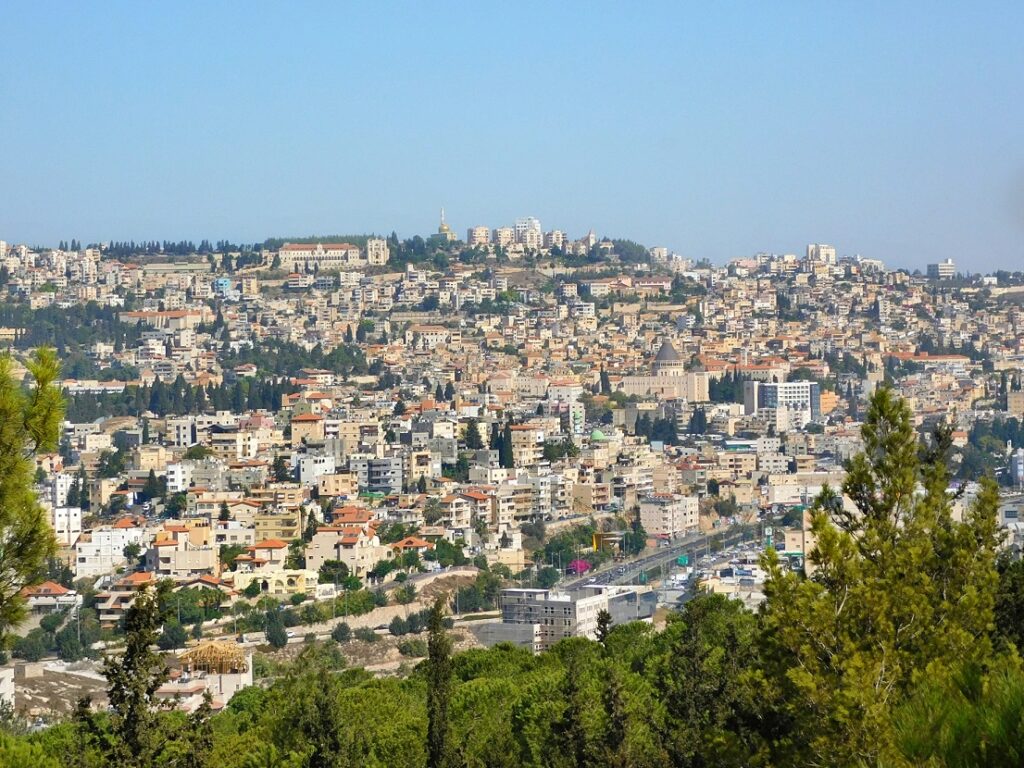
Mount of Precipice, photo credit Sr. Amata CSFN / Góra Strącenia w pobliżu Nazaretu, fot. s. Amata CSFN
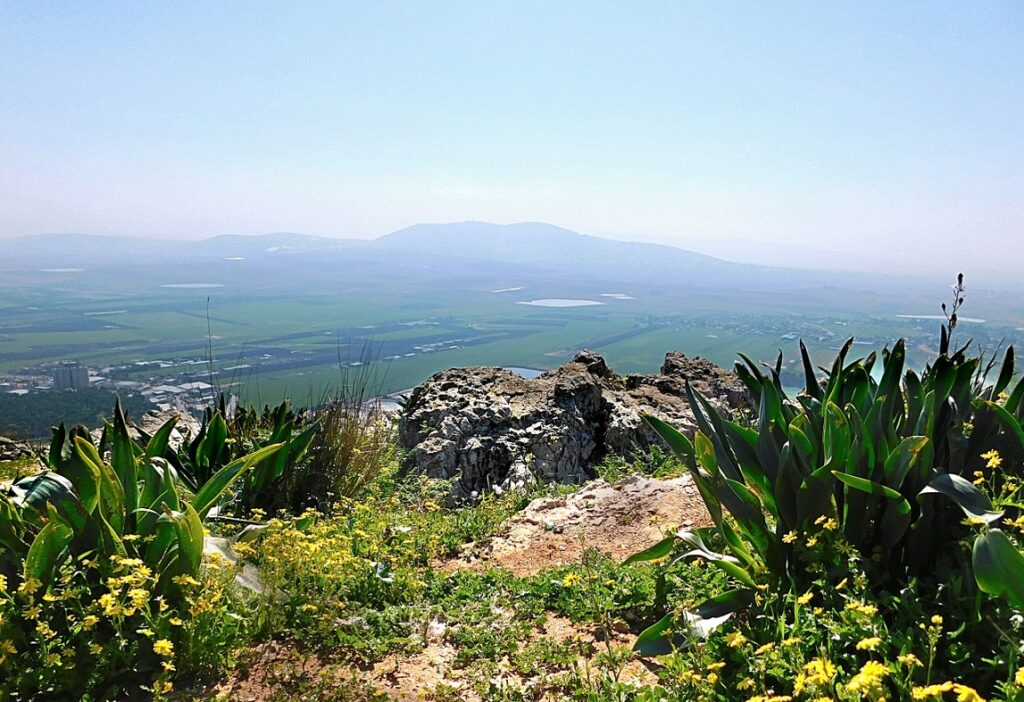
Mount of Precipice, photo credit Sr. Amata CSFN / Góra Strącenia w pobliżu Nazaretu, fot. s. Amata CSFN
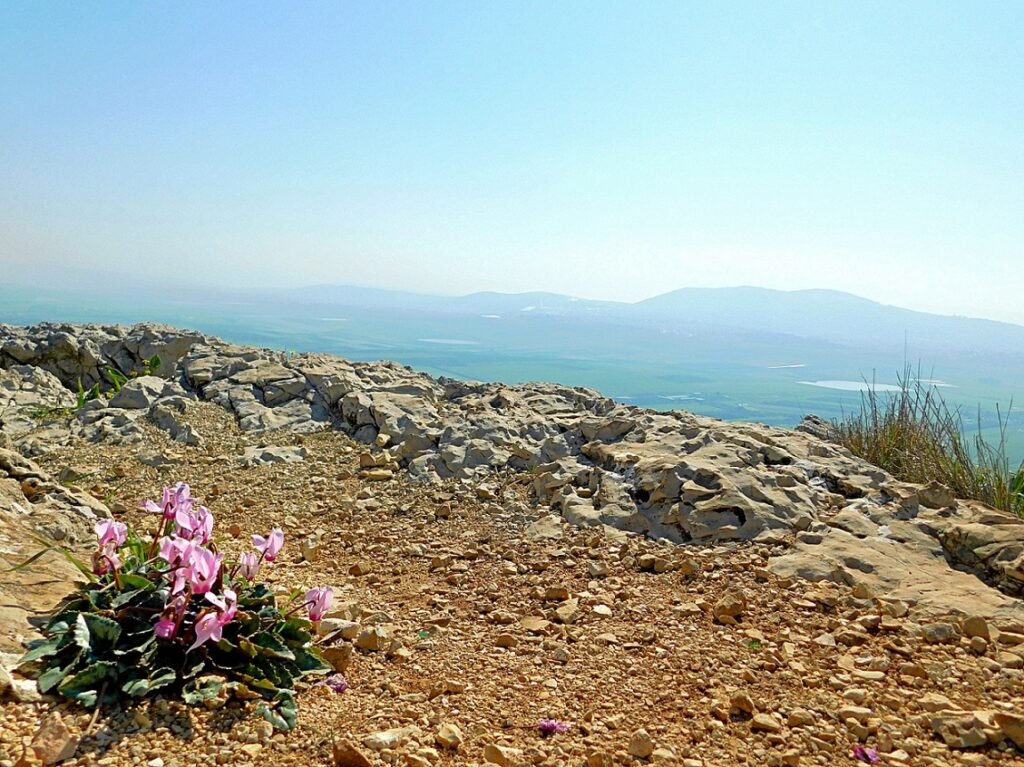
Mount of Precipice, photo credit Sr. Amata CSFN / Góra Strącenia w pobliżu Nazaretu, fot. s. Amata CSFN
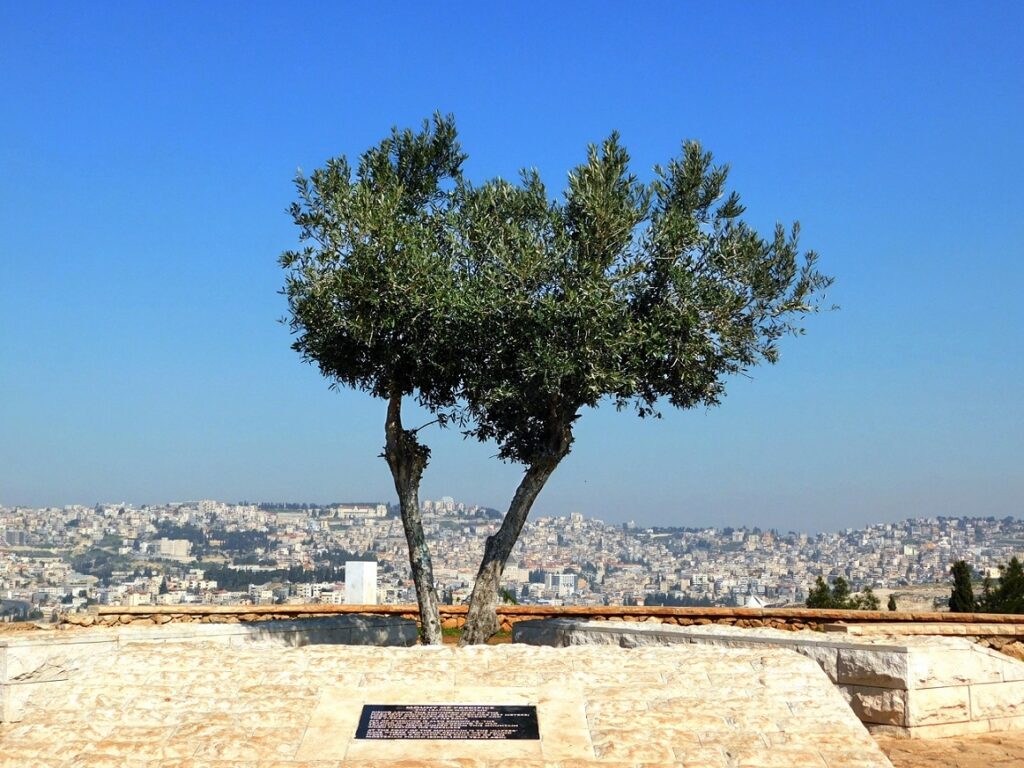
Mount of Precipice, photo credit Sr. Amata CSFN / Góra Strącenia w pobliżu Nazaretu, fot. s. Amata CSFN
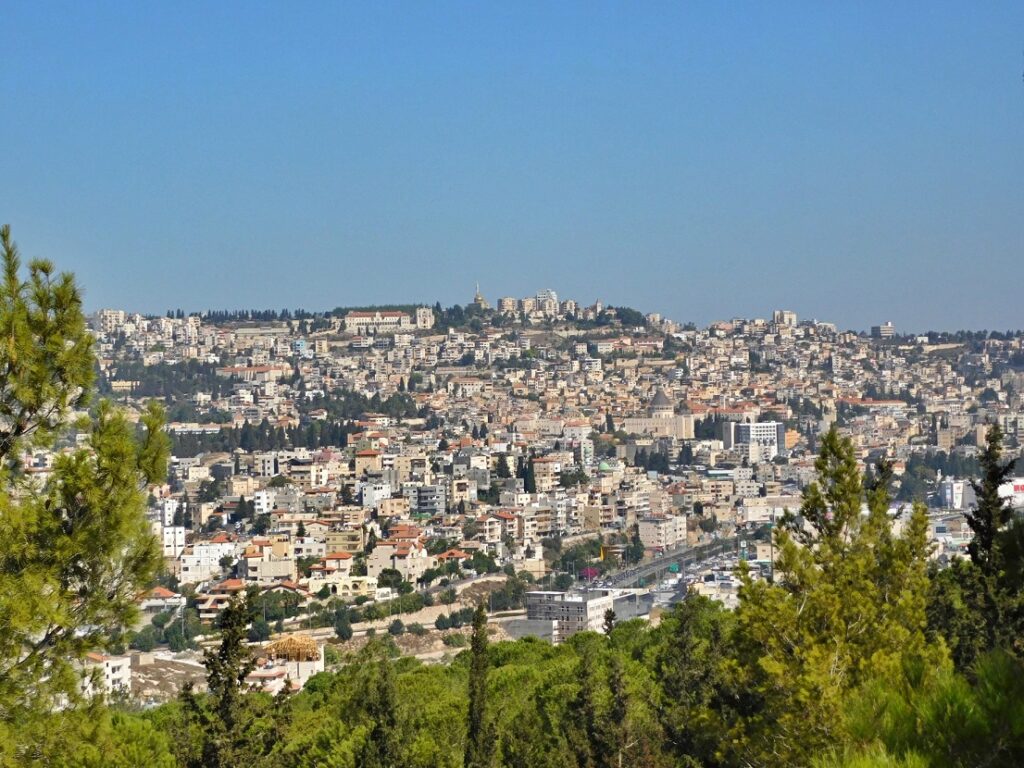
Mount of Precipice, photo credit Sr. Amata CSFN / Góra Strącenia w pobliżu Nazaretu, fot. s. Amata CSFN
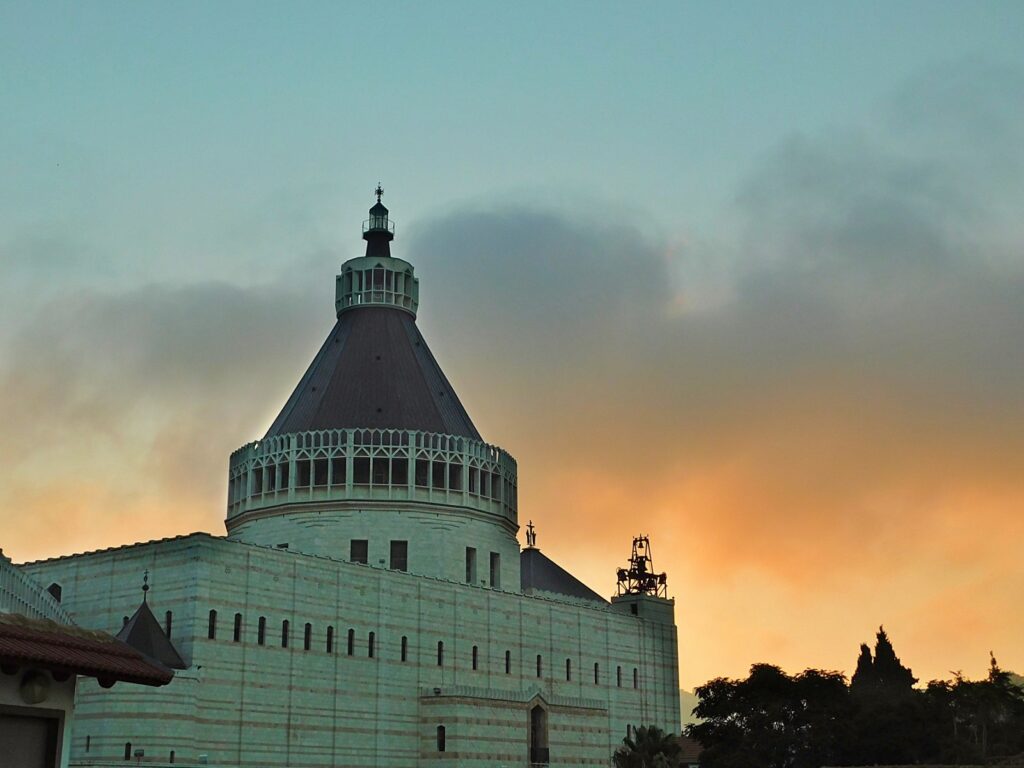
Nazareth, photo credit Sr. Amata CSFN / NAzaret, fot. s. Amata CSFN
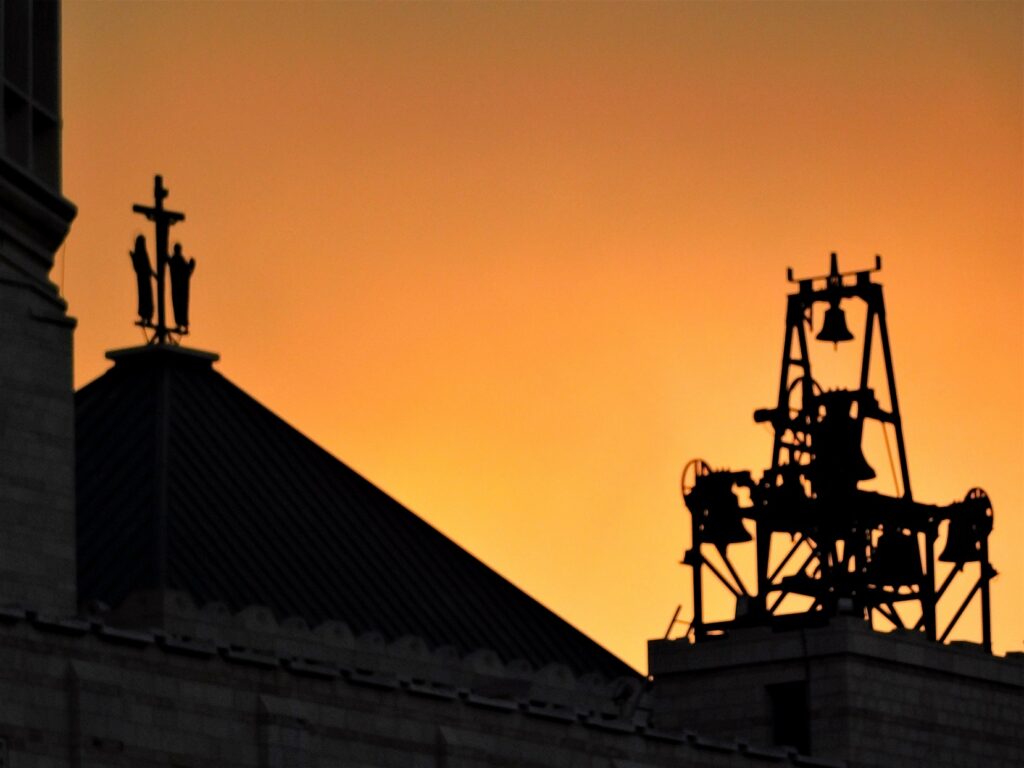
Nazareth, photo credit Sr. Amata CSFN / NAzaret, fot. s. Amata CSFN
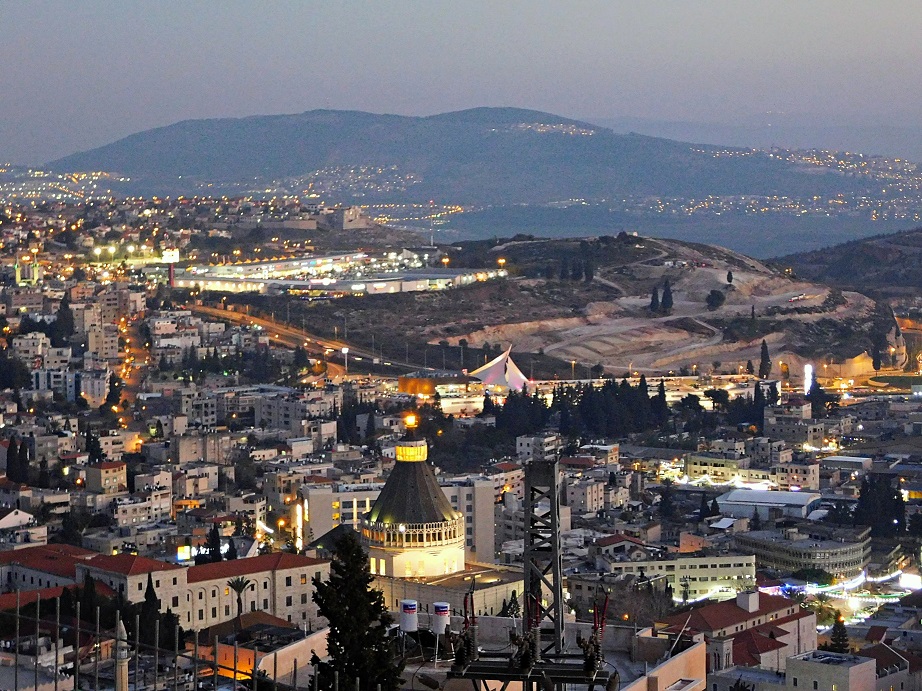
Nazareth, photo credit Sr. Amata CSFN / NAzaret, fot. s. Amata CSFN



Dodaj komentarz